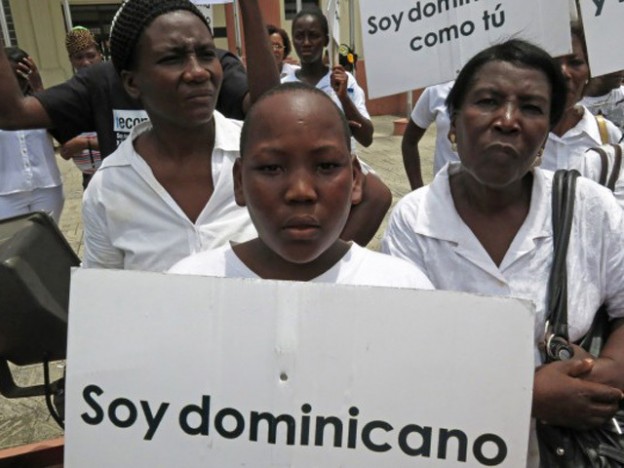HAITI AND the Dominican Republic, uneasy neighbors on the sun-baked island of Hispaniola, share a tangled and contentious history, by turns violent, cooperative and exploitative. That is the background, though hardly an excuse, for an unconscionable decision by the highest Dominican court that strips at least 200,000 ethnic Haitian migrants of any claim to citizenship, including those born on Dominican soil decades ago.
The court’s decision enshrines the deep-seated racism and discrimination suffered by Haitian migrants and their children, who have worked back-breaking jobs in Dominican sugar-cane fields and construction sites for many years. It leaves the migrants stateless, lacking even the certainty that their children can receive an education.
Compounding this injustice, the court ordered the authorities to comb through birth records, back to 1929, to weed out ethnic Haitians no longer entitled to citizenship. Tens of thousands will be left in legal limbo, including those who have never set foot in Haiti and speak no Creole, Haiti’s main language.
The Dominican economy, much like that of the United States, depends on migrant labor to fill jobs at the bottom of the wage scale. And much like the United States’ political class, Dominican authorities have balked at extending fair treatment and equal status to those migrants.For many years, the children of Haitian laborers born on Dominican soil were denied official documents on the grounds that their parents were “in transit” — even if they’d been working in the country for decades. A constitutional amendment in 2010 codified that systemic discrimination, and the court decision, handed down last month, set the rule in stone — and applied it retroactively. The court gave officials one year to draw up a list of residents to be excluded from or stripped of citizenship.
The implications of the court’s xenophobic ruling are disastrous. Ethnic Haitians — as well as the Dominican-born children of immigrants from Europe, China and elsewhere — may no longer be entitled to subsidized tuition, public health insurance or other benefits.
As in the United States, mass deportation of immigrants on whom the economy relies is not a viable option for the Dominican Republic.The Dominican president, Danilo Medina, acknowledged that the decision had created “a human problem that we have to solve.”U.S. officials should press the issue through diplomatic channels with their Dominican counterparts. By ignoring the plight of ethnic Haitians, the international community would only compound an injustice.

